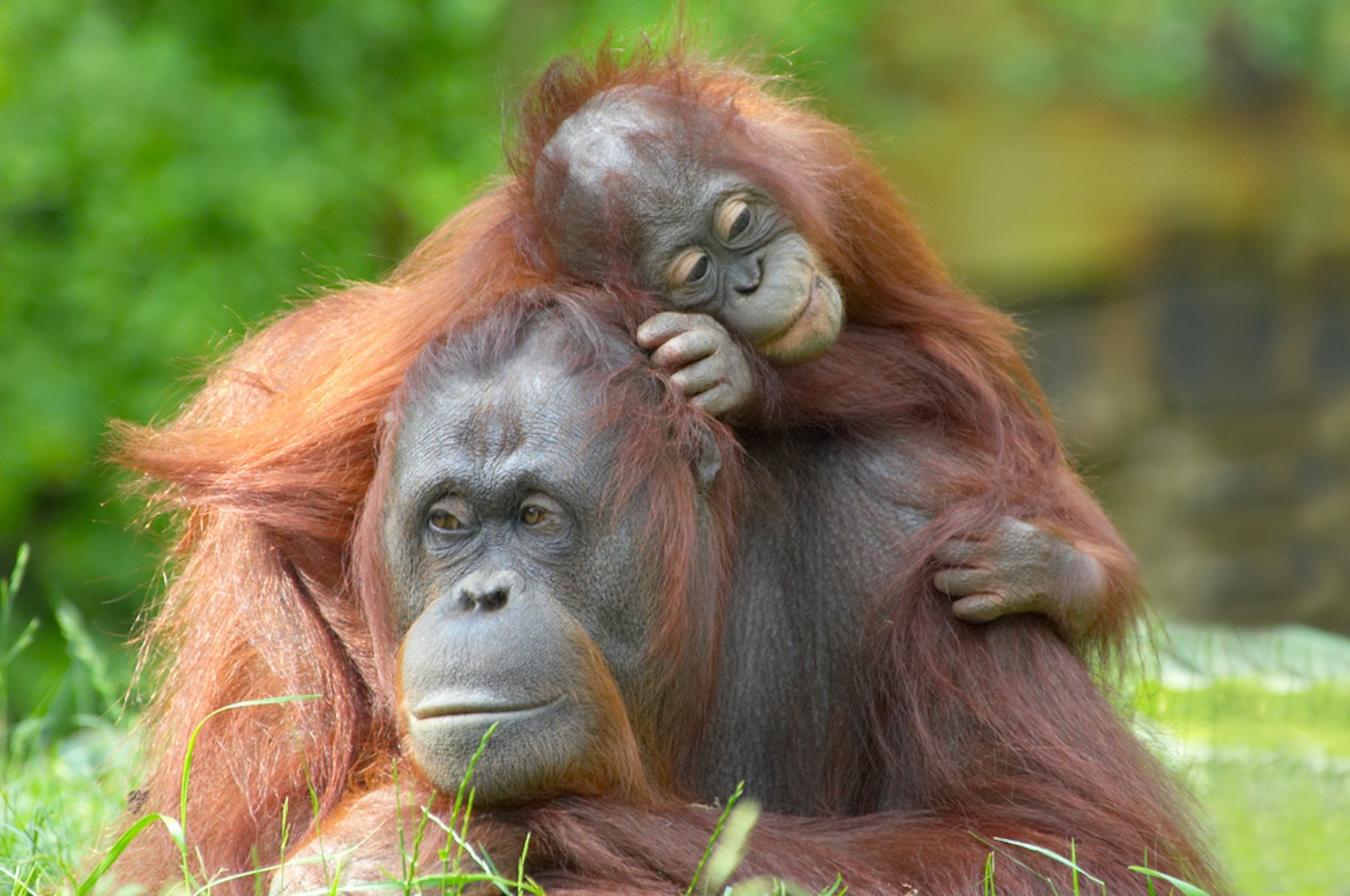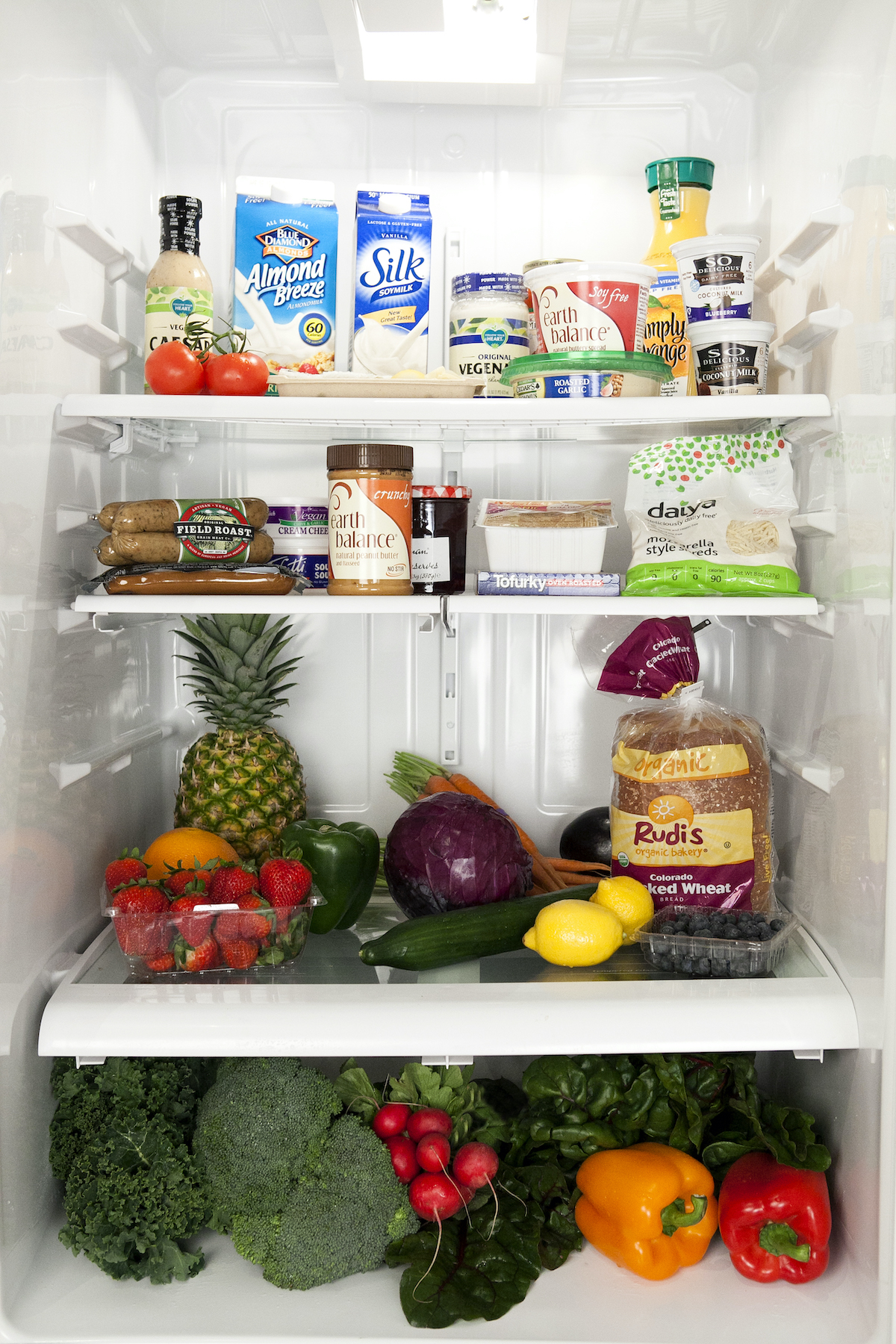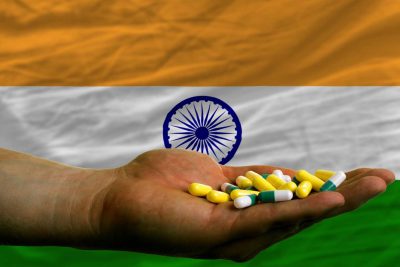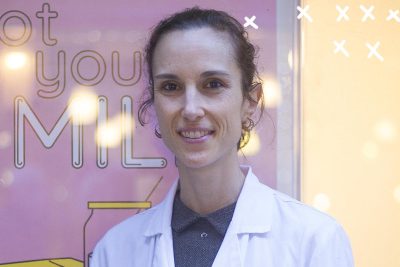You are what you eat. That’s what they say, isn’t it?
At the most fundamental level our bodies take the foods we put into our mouths and, through some transmorphic magic, they break them down and use the components to grow us, repair us and fuel us.
But what if our food choices also affect the environment around us, and that in turn affects our health, determining whether we flourish individually and collectively?
And what if those food choices also reveal something profound about who we are as a person, deep down under the hood? Well, if all that is true, then who we are truly is defined by what we eat.
What Is Optimal Health?
Good question. Optimal health looks different to different people but at its most fundamental level, it is our body working as well as it can, supporting our physical, emotional, and psychological well-being, while reducing as far as possible sickness, ill-health and premature death.
Optimal health as it is promoted in the media, however, is a very different thing. In the 1950s, cigarettes were promoted as healthy, even though evidence was already showing the opposite to be true. In the 1970s, sugar was marketed as a way to help people lose weight. Today, health marketing may be more subtle but big brands still push patently unhealthy foods in a way that makes them seem like they are not so bad for us after all. When it comes to eating for optimal health, one thing is clear: we shouldn’t trust marketing; we should trust science.
What Is A Plant-based Diet?
A plant-based diet, as the name suggests, is made up of fruits, vegetables, grains, legumes, tubers, seeds, nuts, spices, and herbs, and it does not include any products from animals, so no meat, milk or eggs. Eating plant-based is incredibly varied and incredibly tasty, and if you limit the amount of processed convenience foods, it can be incredibly healthy too.
Do Doctors Recommend A Plant-based Diet?
Doctors are increasingly recommending a whole food plant-based diet, and what is really interesting is that this advice is coming from physicians and scientists from a wide range of specializations…
Kim A. Williams MD is a cardiologist, and a former president of the American College of Cardiology who reduced his own high LDL cholesterol by switching to a plant-based diet. He says: “There are two kinds of cardiologists: vegans, and those who haven’t read the data.”
T. Colin Campbell is a biochemist and Professor Emeritus at Cornell University who wrote the best-selling book The China Study. This 20-year research showed clear links between high consumption of animal-based foods and chronic illness. He says: “…my family, our five grown children and five grandchildren, we all eat this way now. I say the closer we get to a plant-based diet the healthier we are going to be.”
Angie Sadeghi MD is a physician and gastroenterologist who cured her own chronic conditions within eight months of adopting a plant-based diet. She advises those with digestive issues to switch to plant-based, and especially to ditch dairy. She says of milk: “It’s such poison to our gut.”
Garth Davis MD is a bariatric surgeon who reversed his own hypertension, high cholesterol, and fatty liver with a whole food plant-based diet. He says: “We are told diets don’t work. People tell me they’ve tried a million diets and that diets don’t work. You know what they haven’t tried? A whole food plant-based diet.”
Neal Barnard MD is the founder of Physicians Committee for Responsible Medicine, and specializes in preventing and reversing heart disease, diabetes and Alzheimer’s with a plant-based diet. He says: “Meat consumption is just as dangerous to public health as tobacco use. It’s time we looked into holding the meat producers and fast-food outlets legally accountable.”
Dean and Ayesha Sherzai MD are both neurologists and co-directors of the Alzheimer’s Prevention Program at Loma Linda University. Dean completed fellowships in neurodegenerative diseases and dementia. Ayesha completed a dual training in preventative medicine and neurology, and a fellowship in vascular neurology and epidemiology. Ayesha says: “Food is the most important environmental factor for your brain… You can prevent Alzheimer’s disease with a whole food plant-based diet.”

Why Is A Plant Based Diet The Best For Good Health?
You know how no one has ever told you to eat fewer vegetables? Well, there are good reasons for that. Plant-based foods tend to be low in fat and they contain no cholesterol at all, while being rich in micronutrients and fibre. A diet rich in fruits and vegetables also contains plenty of antioxidants and these superheroes fight unstable molecules known as free radicals. Free radicals cause “oxidative stress”, which damages cells and is thought to play a role in causing cancer, cardiovascular diseases, diabetes, Alzheimer’s disease, Parkinson’s disease, and eye diseases such as cataracts and age-related macular degeneration.
So, it’s clear we need to eat more vegetables but does hard scientific research show that eating a fully plant-based diet translates to improved health and a longer life? Well, yes, actually. Yes, it does.
Health Benefits For Plant-based Diet
A 2018 study by researchers at Northern Ontario School of Medicine and University of Miami Miller School of Medicine stated: “Plant-based nutrition has been shown to protect against the 15 leading causes of death in the world, including many cancers.”
Fifteen leading causes of death!
They went on to say: “In the United States and many other industrialized countries, the main causes of death are preventable. In particular, our diet remains the number-one cause of premature death and the number-one cause of disability.”
Reduce Risk Of Heart Disease
Research has consistently shown that eating meat puts our hearts at risk. One 2019 study of 500,000 adults found that for every 100 grams of red or processed meat that individuals consumed per day, their risk for heart disease increased by 19 percent.
Heart disease kills about 695,000 Americans each and every year – that’s one fifth of all deaths. It is a leading cause of death for men, women, and people of most racial and ethnic groups in the United States but it is not inevitable: plant-based diets are associated with a lower risk of heart disease.
Lower Risk Of Diabetes
Type 2 diabetes is so common that we forget just how serious it is – it can lead to heart disease, kidney failure, blindness, and limb amputations. It is also almost entirely avoidable.
Research shows that higher intakes of red meat and poultry are associated with a significantly increased risk of developing diabetes. Conversely, a plant-based diet can prevent, manage and even reverse type 2 diabetes. One 2003 study, funded by the NIH, found that a plant-based diet controlled blood sugar three times more effectively than the traditional diabetes diet which meant participants saw dramatic improvements within weeks. Since then, the evidence for adopting a vegan diet to combat and reverse diabetes just keeps coming.
Reduce Risk Of Cancer
The World Health Organization says that there is sufficient evidence to affirm that processed meat causes cancer and that all red meat should be categorised as “probably carcinogenic”. Even a moderate intake of red meat raises the cancer risk.
Research has found that those who eat diets of mostly plant-based foods have “a marked reduction in mortality and age-adjusted incidence of many cancers common in Western society. These cancers include breast, prostate, colon, pancreas, ovary, and uterine endometrium cancers.”
Increase Brain Health
Award-winning neurologists, Dean and Ayesha Sherzai have developed a programme that can prevent Alzheimer’s disease and reverse the symptoms of cognitive decline. They state that Alzheimer’s disease is not a genetic inevitability, and that a diagnosis doesn’t need to come with a death sentence. In fact, 90 percent of us can avoid ever getting the disease, and for the 10 percent with a strong genetic risk, the disease can be delayed by ten to fifteen years.
Right at the centre of their brain-protective programme is a whole food plant-based diet.
Longevity
Dean Sherzai writes that a: “whole food plant-based diet is not only protective of the heart, metabolism, brain, it also prolongs life by 10 years.”
Ten years?! That’s incredible!
This is based on a study of 96,000 people from the United States and Canada, which found that not eating meat significantly lengthened lives. Obviously, you still need to look before crossing the road and it’s best not to take up juggling chainsaws but it seems a plant-based diet can help us live not just healthier but longer, too.

Environmental Benefits Of A Plant-based Diet
One thing we have learned from Covid-19 is that we are all connected – damage caused to the planet and its inhabitants has a way of damaging us, too. When we are kind to the planet, we all reap the benefits, and a plant-based diet is as protective of the natural world as it is of our own bodies.
Did you know that animal farming releases more climate-damaging emissions than the fuel from every car, plane, bus, truck and ship on the planet? Already, climate breakdown has led to record-breaking storms, raging forest fires, dangerous heat waves, and devastating floods, and these are already impacting Americans and taking lives. As the planet heats up, things will only get worse. Vijay Limaye, a fellow at the Natural Resources Defense Council, says: “Climate change is a public health crisis.”
Animal agriculture is also a leading driver of deforestation and species loss. This is because it takes a lot more land to farm animals than it does to grow plant foods to feed people. Currently, animal agriculture uses 83 percent of the world’s farmland but gives us just 18 percent of our calories. As meat consumption grows, more and more land is needed. Forests and other precious natural habitats are destroyed to make way for grazing or to grow crops to feed to farmed animals. The wild animals who live there are killed or displaced. Deforestation is also a human health risk – it exacerbates climate change while also spreading life-threatening diseases like malaria and dengue fever.
In 2012, farmed animals kept in the largest farms in the United States produced 369 million tons of manure – that’s almost 13 times the waste of the entire U.S. population. Some of this waste is spread untreated on land and the rest is stored in “slurry lagoons” from which it seeps and leaks, and gets into the earth and waterways where it kills aquatic life.
This manure also emits ammonia, which combines with other air pollutants, like nitrogen oxides and sulfates, to create tiny but deadly particles. When inhaled, these particles can cause heart and lung disease and are said to account for an estimated 3.3 million human deaths each year.
If we want a healthy planet, which in turn will keep us healthy, we need to heed the advice of Oxford University researchers who say: “the single biggest way” to reduce our impact on the planet is to avoid eating meat and dairy.
Developing A Plant-based Eating Style
OK, we get it. Our own health and the health of the planet are connected, and to protect them both we need to quit animal products. But how do we do that when we have based our meals around them our whole lives? Well, there are two schools of thought here – you can change foods incrementally, adding in more plant options and crowding out animal products until you wake up one day a fully-fledged vegan. Or you could make a commitment right here and now and dive straight in. Different strokes for different folks, and both options are equally valid.
Whichever route is the one for you, the easiest way to start is to switch like for like. Instead of picking up dairy milk, choose a plant milk, like oat, almond or soy. Instead of putting hot dogs in your cart, choose Not Dogs. There are vegan versions of just about everything now, and this approach means you can keep eating the meals you love, just made with slightly different products or ingredients.
If you plan to transition to plant-based for your health, you’ll probably want to increase the amount of whole grains, vegetables and fruits in your daily diet. There are thousands of excellent plant-based recipes available freely online, so spend a little time searching to find healthy options that appeal to you. Don’t be scared of trying something new. This is the start of a wonderful adventure for you, so go ahead and embrace it.
If you register to try vegan with Million Dollar Vegan, you’ll have access to our Vegan Starter Kit, Health & Nutrition Guide, some of our favorite plant-based recipes as well as 31 days of inspirational emails to help keep you motivated. Why not sign up to find out more?
Are There Negatives Of A Plant-based Diet?
Just one.
While pretty much every product you could ever want has been made vegan, there will obviously be certain foods that you no longer eat, which means there is inevitably less choice at the store. So, while you are still likely to be able to find a vegan cheesecake, for example, you are unlikely to get it in a dozen flavors.
Choice can also be more limited when eating out, especially outside of the cities. Ethnic cuisines often have greater vegan variety, while chain restaurants are starting to respond to demand, and in larger towns and cities you will also find dedicated vegetarian and vegan restaurants, too. The HappyCow website and app are very useful for revealing where you can get plant-based meals in your area.
And while you may feel initially that the the breadth of choice has narrowed, most vegans say they actually eat a more varied diet than before, once they get into the swing of it. That’s because they start to experiment, get creative, branch out and find a wealth of foods they had never tried before.
Besides, what you gain is worth so much more than what you let go. Your own good health is priceless. The opportunity to extend your life by up to ten years is priceless. And peace of mind, knowing you are protecting the planet for your children and grandchildren? Priceless.

Tips To Help You Get Started On A Plant-based Diet
- Visit our Testimonials page and be inspired by the many people who have turned their lives around by switching to a plant-based diet. Let their stories prove to you that anything is possible.
- Start out simple. Veganise the recipes and meals you love, and this way you won’t feel like you’re missing out on anything because you won’t be!
- Make a weekly meal plan. It can be daunting starting off, but if you create a meal plan you’ll know exactly what you’re doing, what you need to buy and what you will eat. And when you’re ready you can ditch the plan and freestyle it.
- Tell yourself it’s not forever. Just try it. Try it for 31 days without any preconceptions and see how you feel at the end of it. Then you can decide. Sign up now and try vegan for 31 days.
- Be bold. If you are going to try it for just 31 days, try it all. Sample all the things you wouldn’t normally eat. Buy those weird looking fruits you don’t know the names of. Heck, make meringues out of aquafaba. Do it all!
- 99% vegan is 100% better than nothing. Say what?! By this we mean, don’t not try vegan just because you can’t live without a particular chocolate bar. Be vegan apart from that candy. Doing nothing will change nothing but do 99% and you’ll get 99% of the benefits.
- If you slip up, who cares? You’re only human, and we all make mistakes. Chalk it up to experience and try again.

Conclusion
We cannot control everything that happens within or to our bodies, but most of us as adults can control what foods we put into them. And that choice gives us power. By eating a whole food plant-based diet, we give ourselves the best chance at avoiding some of the nation’s biggest killers – including heart disease, diabetes, and cancer – and we can keep our brains strong, nimble and flourishing.
Similarly, we cannot control everything that happens in or to the world, but when we eat a healthy, plant-based diet, we are doing the one thing that is proven to protect the planet, its people and its non-human inhabitants. And isn’t that just the kind of person we all want to be, deep down under the hood?



